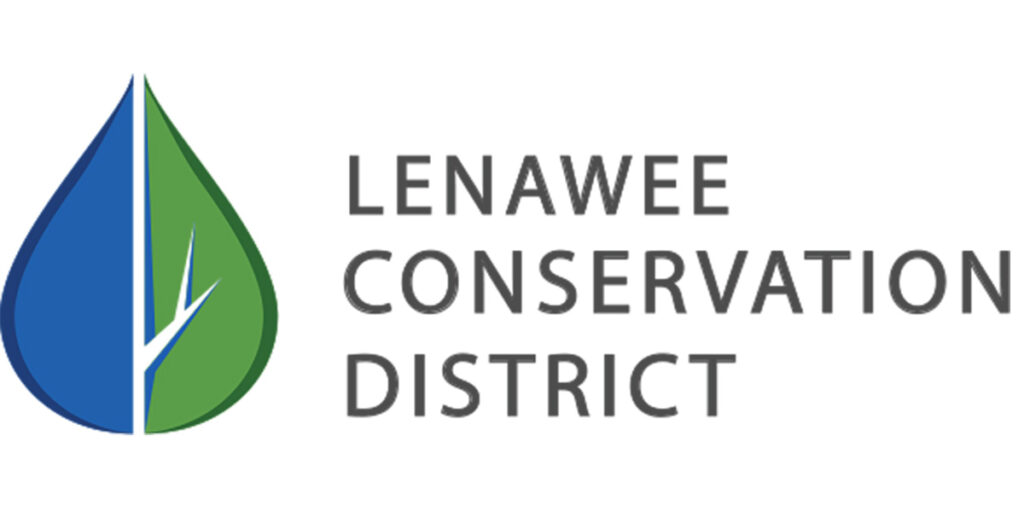
The Dust Bowl era of the late 1920s and early 1930s was characterized by dust storms that blew soil from the Great Plains as far as 1,500 miles. Instances were documented of dust clouds up to 300 miles out into the Atlantic Ocean. Along their paths, the dust storms literally buried houses and communities. Those storms led to the formation of the National Soil Conservation Service, a federal agency within the United States Department of Agriculture (USDA) in 1935. Tasked with stopping this soil destruction and resulting pollution of air and water, local soil conservation districts were established in counties throughout the U.S.
In 1946, the Lenawee Conservation District was established as an independent county-level resource assisting residents, producers, and communities to help resolve natural resource concerns. The District is self-funded, serving the public with revenue obtained through an annual tree and shrub fundraiser sale, grants, and county appropriations.
Lenawee Conservation District works with a variety of other local, state, and federal agencies and organizations to accomplish greater results in conservation and protection of our local natural resources.
Early programs included tree planting to minimize soil wind erosion, creating sod water-ways in fields to minimize loss of soils due to rain events and snow melt, and encouraging cover crops to reduce loss of soil in winter.
Some of the current programs offered by the Lenawee Conservation District include:
— Michigan Agriculture Environmental Assurance Program (MAEAP), a proactive program that helps farms of all sizes and types prevent or minimize agricultural pollution risks.
— Environmental Quality Incentives Program (EQIP), which supports farm production and environmental quality as compatible goals through the USDA’s Natural Resources Conservation Service (NRCS) offering financial and technical assistance through this voluntary program.
— Conservation Stewardship Program (CSP), which was created to provide financial and technical assistance for eligible farmers to conserve and enhance soil, water, air, and other natural resources on their farmland and private forests.
— Forestry Assistance Program (FAP), which provides education and one-on-one technical help with local forest health issues for private landowners and communities.
Gerry Donaldson is a Lenawee Conservation District board member. More information is available at lenaweeconservationdistrict.org.

